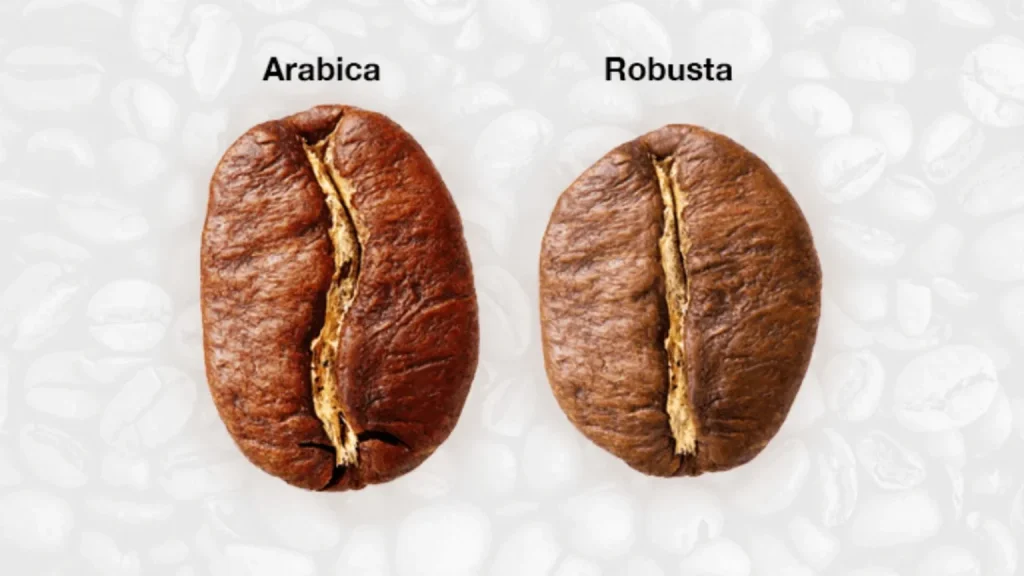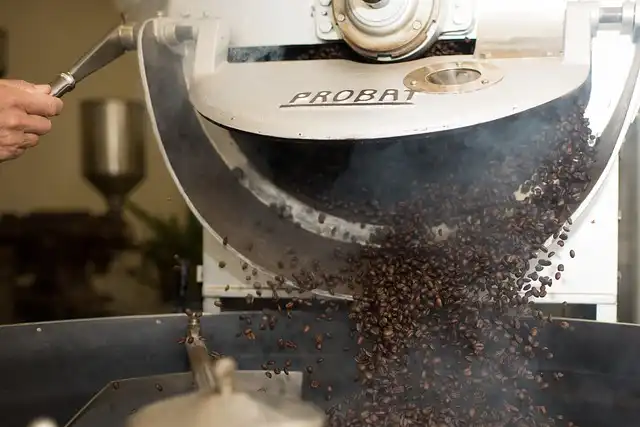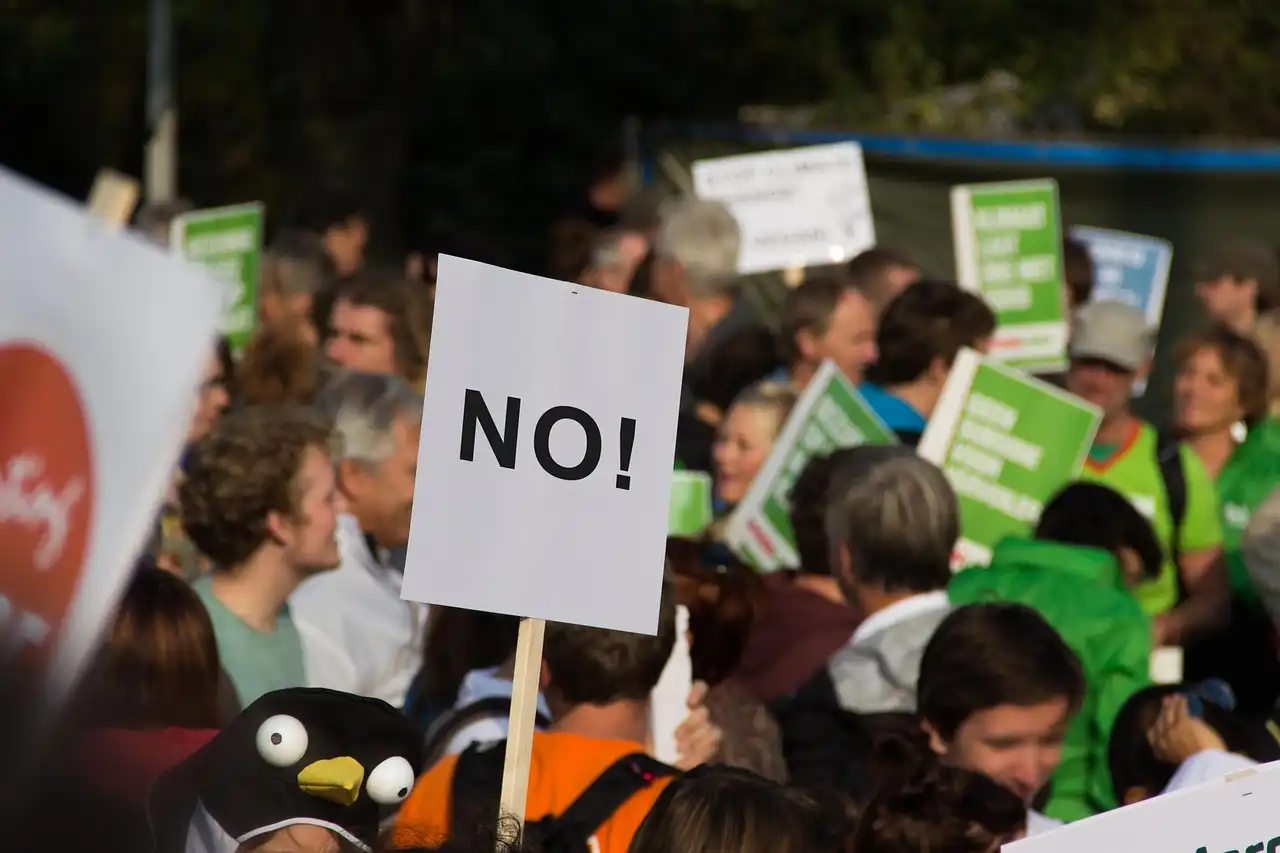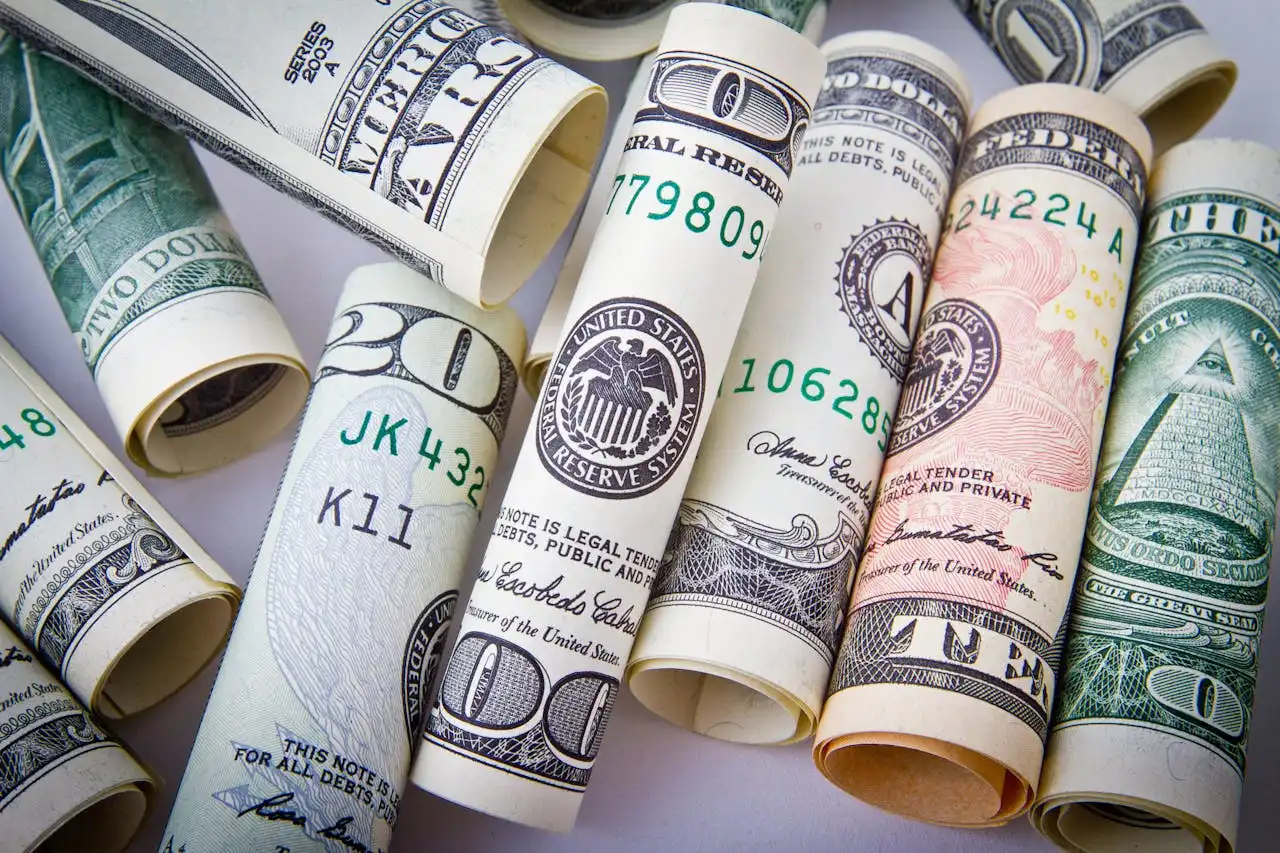How Coffee Became the World's Favorite Drink: What Makes It So Addictive and Why It Matters
Randhir Singh - Friday, 11 July 2025 | 03:45 PM (WIB)


Let’s be real, for many of us, the day doesn't truly begin until that first sip. That rich, dark, aromatic elixir that jolts us awake, gets the gears turning, and honestly, just makes the world seem a bit more manageable. We're talking about coffee, of course. It’s more than just a drink; it's a ritual, a cultural touchstone, and a global phenomenon.
From Ancient Legends to Modern Cafes: Coffee's Epic Journey
So, where did this magical bean even come from? Our coffee story kicks off in the ancient highlands of Ethiopia. Legend has it that a goat herder named Kaldi noticed his goats getting unusually frisky and energetic after munching on some red berries. Curious, he tried them himself and felt a similar burst of energy. Whether true or folklore, coffee’s origins in Ethiopia are widely accepted. From there, coffee traveled to Yemen, where Sufi mystics reportedly used the brew to stay awake during long nights of prayer. It then spread through the Middle East and into the vibrant 'coffeehouses' of the Ottoman Empire—precursors to today’s cafés. Eventually, it reached Europe and the Americas, firmly establishing its global presence.
📖 Learn more: https://www.nationalgeographic.com/history/article/history-coffee
What’s the Difference Between Arabica and Robusta Coffee Beans?

When exploring coffee options, two names dominate the landscape: Arabica and Robusta. Arabica (Coffea arabica) is prized for its complex flavors and smooth acidity, typically grown at high altitudes. Robusta (Coffea canephora), on the other hand, is hardy, higher in caffeine, and bolder in flavor. Arabica is more expensive and considered superior in taste, while Robusta is favored for espresso blends and instant coffee.
📖 Read more: https://perfectdailygrind.com/2020/11/arabica-vs-robusta-what-are-the-differences/
How Coffee is Grown and Processed
Coffee grows best in the 'coffee belt' between the Tropics of Cancer and Capricorn. Countries like Brazil, Colombia, Ethiopia, Vietnam, and Indonesia are major producers. Coffee cherries are harvested and then processed using two main methods: the wet (washed) method and the dry (natural) method. The wet method produces cleaner, more acidic flavors, while the dry method results in fruitier, bolder tones.
📖 Source: https://www.coffeereview.com/coffee-processing/
How Roasting Affects Coffee Flavor

Roasting is a heat-driven process that transforms green beans into the aromatic brown ones we know. Light roasts retain more of the original bean character and acidity. Medium roasts balance acidity and body, while dark roasts develop bold, smoky flavors. Roasting triggers caramelization and Maillard reactions that define coffee’s taste and aroma.
📖 Deep dive: https://www.ncausa.org/About-Coffee/How-Coffee-is-Roasted
Why Coffee is More Than Just a Drink
Globally, coffee is one of the most traded agricultural commodities. Millions of livelihoods in developing countries depend on its cultivation. Its psychoactive component, caffeine, boosts energy and focus. But culturally, it plays a central role in our daily social interactions—from casual chats to creative sessions.

Your Weekend Won't Recharge Itself: A Guide to Crushing the Energy Reset
6 months ago

The Hidden Horrors of Tear Gas: More Than Just a Fleeting Sting
6 months ago

1312: The Meaning, Origin, and Social Context of the Notorious Number
6 months ago

The Digital Tightrope: How Social Media Puts a "Double Burden" on Today's Teens
6 months ago

Say Goodbye to Awkward Texts: WhatsApp Unveils Your New AI Writing Coach
6 months ago

The Secret Weapon of Penguins: Why Their Poop is More Impressive Than You Think
6 months ago

NVIDIA Crushes New Record, Yet Market Concerns Still Exist Over "AI Bubble"
6 months ago

Your Cosmic DNA? Unpacking How Zodiac Signs Shape Who We Are
6 months ago

The Siren Song of Easy Money: Why We Can't Resist
6 months ago

Unplug and Recharge: Your Guide to Escaping the Gadget Grip
6 months ago
